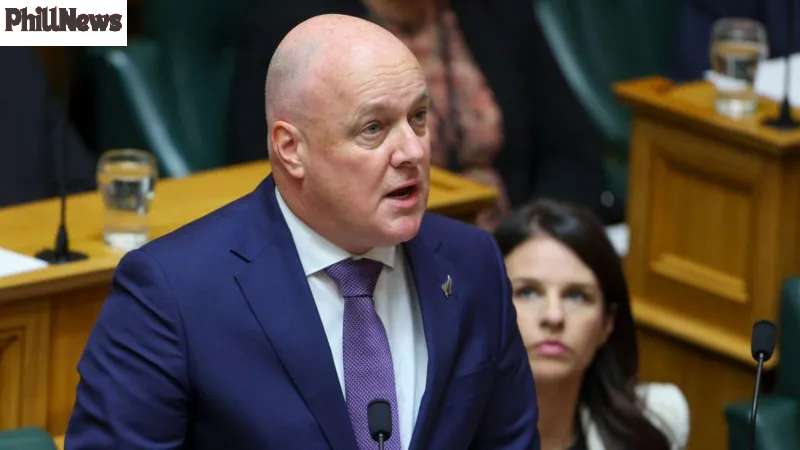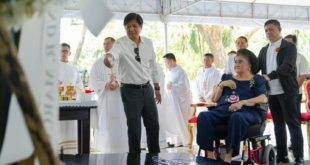
After an investigation into one of the largest abuse scandals in New Zealand’s history, Prime Minister Christopher Luxon has formally apologized to victims of abuse at assisted living facilities.
Following research that revealed 200,000 children and vulnerable adults had been abused while in state and faith-based care between 1950 and 2019, a historic apology was made in parliament.
They included individuals with physical or mental disabilities, as well as members of the Māori and Pacific communities.
Since then, the administration has pledged to change the care system.
“On behalf of my own and previous governments, I apologize to all survivors,” Luxon said on Tuesday.
It was horrifying. It was devastating. It was incorrect. Additionally, that shouldn’t have occurred,” he continued. “The government must accept responsibility for the fact that it altered the trajectory of many of your lives.”
Over 2,300 survivors of abuse in state and faith-based care facilities were interviewed throughout the six-year-long investigation, which Luxon called the biggest and most intricate public inquiry ever conducted in New Zealand.
The resulting study detailed several violations, including as forced labor, rape, and sterilization.
It was discovered that sexual abuse rates in faith-based institutions were frequently higher than in state care and that religious and civil officials attempted to conceal abuse by relocating offenders and denying responsibility, resulting in many victims passing away before receiving justice.
For individuals who were striving to be believed and confronting the state, religious organizations, and influential officials, the findings were viewed as validation.
While hundreds of others watched via live streams nationwide, a few survivors and advocates showed up in parliament on Tuesday to hear the prime minister’s apology. Luxon had already come under fire for apologizing in parliament, which prevented many survivors from speaking with the prime minister face-to-face.
According to survivors, Luxon’s apology is insincere unless appropriate measures for compensation support it.
“The effects of that trauma came through later on in life,” Māori survivor Tupua Urlich, who spoke for the inquiry over abuse, told the BBC’s Newsday program. “It’s not just the physical abuse, it was the disconnection from my family, from my culture.”
“Justice? No, not just yet. These statements are meaningless unless they are accompanied by appropriate action guided by survivors’ experiences.
“The government has proven that they’re not trusted, nor capable, of providing the sort of change and service that we need.”
Early next year is when details of a restitution plan are anticipated.
Luxon stated on Tuesday that the government would inject an extra NZ$32 million ($19 million, £15 million) into its present system while it develops a new financial reparation mechanism for survivors.
The investigation’s more than 100 recommendations included laws requiring the reporting of suspected abuse and formal apologies from New Zealand authorities and religious leaders.
Although Luxon could not provide specifics, he stated that the government had either finished or is working on 28 of these proposals.
Following Luxon’s apology, a bill to improve the protection of children in foster care was read aloud in parliament for the first time on Tuesday. Among other things, the measure suggests banning strip searches and tightening regulations for those who work with small children.
In addition, Luxon said that a National Remembrance Day would be observed on November 12 of the following year to commemorate the anniversary of Tuesday’s apology.
“It is our collective responsibility to do everything within our power to ensure that abuse that should never have been tolerated ceases to occur,” he stated.
 Phill News Entertainment – Phill News
Phill News Entertainment – Phill News



